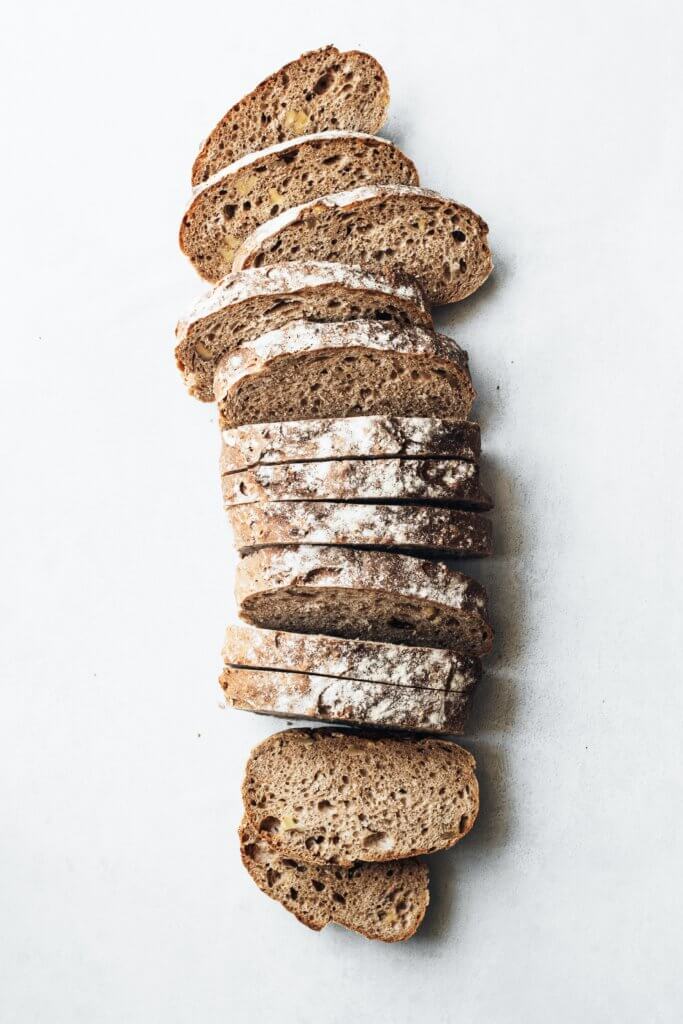

S
o, you want to learn some Spanish slang expressions? You are in the correct place mi amigo. Chances are, if you listen in on a conversation between two Spaniards, you’ll find it littered with idiomatic expressions and colloquialisms that you don’t get taught in school. No fear, though! You don’t need to memorise an endless list of phrases to fit in with the locals, but drop one or two of the following expressions into your everyday speech and you’ll be mistaken for a local in no time.

Here are 4 reasons you should brush up on the local lingo:
- You’ll understand Spanish native speakers and the local dialect much better. Plus, Spaniards will speak to you in a more natural way and you’ll become much more integrated into the culture.
- You’ll be able to get to the point quicker and say exactly what you want to say. For example, what is the quickest and most succinct way to say, “I don’t care” in Spanish? Try “¡Me importa un pimiento!” or “I don’t care a pepper!”. Apparently, peppers are not very valuable in Spain.
- You will always know what to say and what not to say, thus side-stepping any embarrassing blunders or potential misunderstandings.
- Showing off, of course!
And here are 14 of the most common phrases to try out on your Spanish friends:
- Tomar el pelo a alguien
Meaning: To fool or tease somebody, i.e. to pull someone’s leg
Lit. ‘to take somebody’s hair’

Use when you feel like someone is tricking you, trying to make fun of you or make you believe something that’s not true.
¿1,000 euros por dos noches en el hotel? ¿Me tomas el pelo?
1,000 euros for two nights at the hotel? Are you joking me?
- Estar como una cabra
Meaning: To be a bit crazy
Lit. ‘to be like a goat’
Have you seen how a goat behaves? Use this Spanish slang expression if one of your friends is acting strangely or doing something odd. They’re not literally crazy, just acting extra silly or a bit bizarre that day.
¡Estás como una cabra!
You are crazy!
- ¡Qué chulo!/¡Qué guay!
Meaning: How cool!/Awesome!
When you like a pair of boots you can say: “¡Qué chulas!” (plural and feminine for las botas). Or, if you’re up for a plan at the weekend you can say: “¡Qué guay!” Be careful, however, if using this Spanish slang expression when talking about a person because you will, in fact, be saying “How cocky!”
- ¡Qué fuerte!
Meaning: Wow!
Lit. ‘How strong!’

If a friend tells you something surprising, maybe some juicy gossip, you can say “¡Qué fuerte!”. Another useful expression would be, “¡No me digas!” (No way!).
- Caer mal/caer bien
Meaning: To dislike/like somebody
Lit. ‘to fall bad/good’
So you’ve just met someone new and within a few minutes you’ve already made up your mind whether you’re going to get on well with them or if they’re just not your cup of tea.If you dislike them, you can say this person “falls you badly” in Spanish, that would be the literal translation: “Esta persona me cae mal”. But if you do like them, this person “falls you well”, “Esta persona me cae bien.”
Acabo de conocerte y ya me cae mal.
I’ve just met you and I already don’t like you.
- Spanish slang expressions with “leche”
Wonder why your Spanish friends are obsessed with talking about milk all the time? Spanish people have umpteen expressions using the word “leche” to mean different things in different contexts. Let’s have a look…

Ser la leche
Meaning: To be the best
Lit. ‘to be the milk’
Use when someone is really good at something.
Cagarse en la leche
Meaning: To be annoyed
Lit. to crap in the milk
Used to express anger. If you want to get creative, you can also crap in your mother, in God or even the salty sea!
Tener mala leche
Meaning: To be a nasty piece of work
Lit. to have bad milk
Estar de mala leche
Meaning: To be in a bad mood
Lit. to be of bad milk
Ponerse de mala leche
Meaning: To go in a mood
Lit. to turn into bad milk
Ir a toda leche
Meaning: To go really fast
Lit. to go at full milk
Darse una leche
Meaning: To hurt oneself by accident
Lit. to give oneself a milk
- Ser mono
Meaning: To be cute, lovely
Lit. to be a monkey

In English, if you spot an adorably fluffy puppy in the street or meet a baby with the chubbiest little cheeks you’ve ever seen, you might just coo, “Aw, so cute!”. In Spanish, however, you can say “What a monkey!”. Next time you’re out and about and need to express just how sweet a puppy/child/baby is, let the owner know with a“¡Qué mono!”
- Estar hasta las narices
Meaning: To be fed up/sick and tired of something/someone
Lit. To be up to the noses
If you have a friend that will not stop complaining all day every day, you can let them know just how fed up with it you by using this Spanish slang expression.
¡Estoy harto/a de ti y de tus quejas!
I’m sick and tired of you and your moaning!
- Dar calabazas a alguien
Meaning: To reject someone
Lit. to give pumpkins to someone

If your friend says they were given a pumpkin, be careful – it’s not some bizarre Spanish Halloween tradition, but a way of saying they were turned down. For example:
¡El chico que me gusta me acaba de dar calabazas!
My crush just rejected me!
- Estar sin blanca
Meaning: To be broke
Lit. to be without white

If you have no money at the end of the month and your mates are badgering you to come out with them, you can say:
Los siento tíos, estoy sin blanca.
I’m sorry guys, I’m broke.
- Meter la pata
Meaning: To screw up/mess up
Lit. to put your foot in

A familiar slang expression to many, this one should be useful. When you realise you have said or done something wrong, say: “He metido la pata” (I screwed up).
- Salirse con la suya
Meaning: To get away with it
If you think your siblings are always getting their own way and your parents always take their side, you might say:
¡No es justo! ¡Siempre se sale con la suya!
It’s not fair! He/she always gets away with it!
- Ser pan comido
Meaning: To be very easy
Lit. to be eaten bread

In Spanish, something easy isn’t a piece of cake, but some already eaten bread. When something is super simple to do, you would say: “¡Es pan comido!”
- Poner verde a alguien
Meaning: To criticise/gossip about someone
Lit. to turn someone green

You can use this in conjunction with the Spanish slang expression we learnt previously, “caer mal”. If “alguien te cae mal”, then you might gossip about this person behind their back. In Spanish you turn this person green! For example, “Hoy mi marido ha puesto verde a mi madre” (Today my husband gossiped about my mother). If you want to be even more colloquial you could also say: “¡La ha puesto a parir!”
If you enjoyed our article, you may be also interested in reading Famous Spanish proverbs: where they come from and when to use them! or Islamic Architecture in Spain: 6 Spanish Sights That Will Take Your Breath Away!

